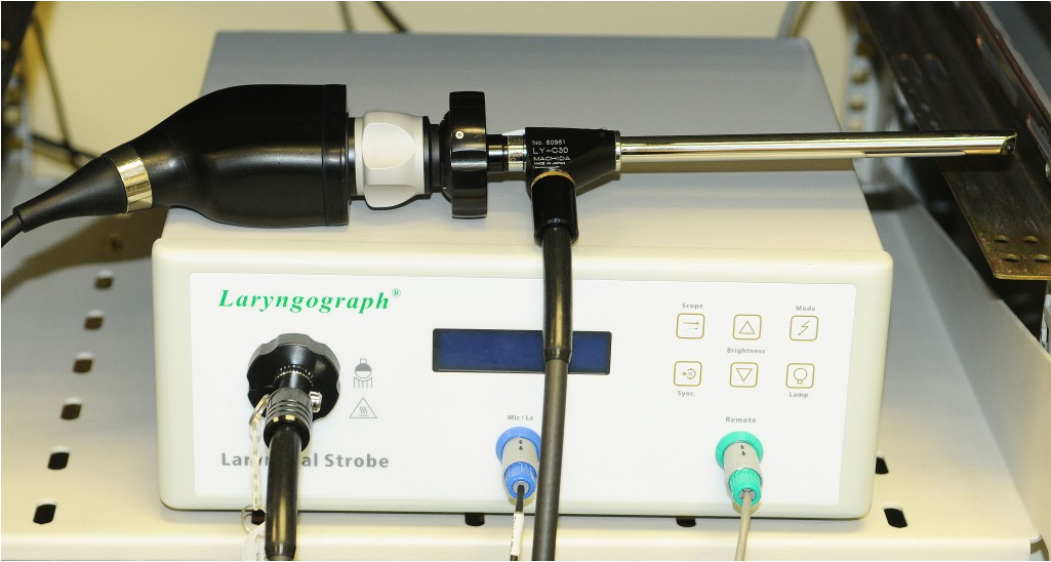The Difference between Vocal Cord Dysfunction and Asthma
Even though vocal cord dysfunction (VCD) and asthma have many similarities, they are different conditions.
Vocal cord dysfunction (VCD) is a disorder that affects the mobility of the vocal cords. During normal breathing, our vocal cords open to allow air to move into our lungs. With VCD, the vocal cords fail to open, limiting air flow and causing airway blockage. Patients may even develop a ‘noisy breathing sound’ from their neck called stridor.
This condition has many terminologies, such as laryngeal dysfunction, irritable larynx syndrome, paradoxical vocal fold motion (PVFM) disorder, etc. In this article, we will dive into the commonalities and contrasts between VCD and asthma so you can better spot the difference and know when to consult a physician.
What are the Symptoms of VCD?
Some of the symptoms of VCD are:
● Shortness of air with particular difficulty getting a breath in
● Stridor - a high pitched whistling sound from the neck
● Symptoms are not constant. A common trigger is strong scents.
● Changes in voice during an episode
On the other hand, asthma is when the airway becomes inflamed, produces mucus, muscles get swollen, and the airway becomes narrower, making it harder to breathe.
Some of the symptoms of asthma are:
● Shortness of breath
● Wheezing upon exhalation - a high pitched sound from the chest
● Coughing, especially along with colds, exercise, at night or with other triggers
● Chest tightness
Asthma and VCD share many common symptoms. They can also have common precipitating triggers such as breathing irritants, acid reflux, exercising, or infection of the airway.
Asthma is an immune reaction triggered by an allergy, which is not the case with VCD. People with VCD have more difficulty breathing in than breathing out.
Due to the similarities, VCD is often misdiagnosed as asthma. Additionally, some people with asthma may also have an underlying condition of VCD, making it even harder to diagnose.
Treatment for VCD
Even with all these similarities, the treatment approach for VCD is entirely different from asthma. Asthma medications do not work on people with VCD. Treatment for VCD involves deep breathing exercises and speech therapy. For asthma, medical treatment such as inhalers is required to reduce the inflammation and widen the airway.
Getting accurately diagnosed is crucial for both of these conditions so that proper treatment can be given accordingly. Otherwise, misdiagnosis of VCD with asthma can often worsen the symptoms, which in turn leads to inappropriately higher treatment with anti-asthma medicines.
The best way to diagnose VCD is a fiberoptic laryngoscopy, which helps see the vocal cords. But, the changes in the muscles of the vocal cords are only visible while the symptoms are occurring. So to make a proper diagnosis, triggering factors, like exercise, should be introduced so the vocal cord changes can be observed.
Most of the cases of VCD go undiagnosed because of all these reasons and difficulty in diagnosis. By increasing the awareness of vocal cord disorders, people can properly be diagnosed and receive the necessary treatment to recover.
If you're looking for professional voice care services in Kentuckiana, contact Dr. Elizabeth Burckardt today! Dr. Burckardt and her team are happy to help patients learn more about treatment options available for VCD.










